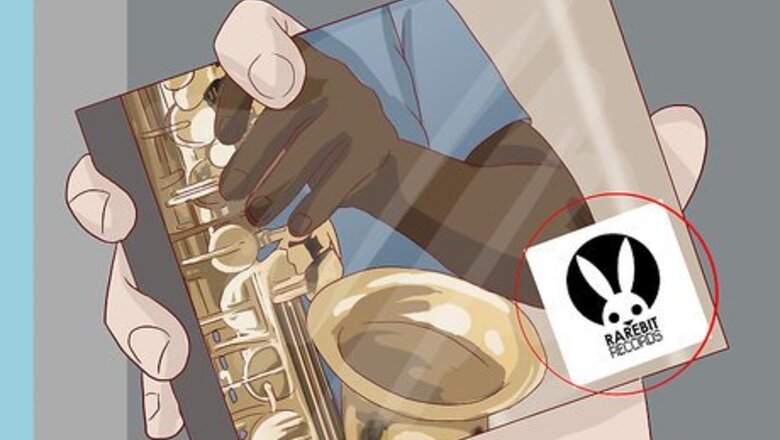
views
Obtaining Sample Clearance
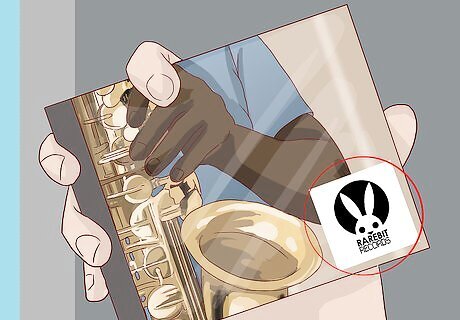
Track down the sound recording copyright owner. Copyrights to a song are usually held by two separate entities. The first entity you will have to obtain clearance from is the owner of the sound recording copyright. This will usually be the record company that recorded the song for the artist. To find the owner of this copyright, start by locating the record company that is currently releasing the source music (i.e., the music you want to sample). If you have CDs, you can usually look on the back of the CD case and find the record label logo. If you have downloaded the song, you may have to look online for this answer. This task may be complicated by the fact that record companies often close and/or sell their copyrights to other companies. In other circumstances, copyrights may revert back to the original artists after a period of years.

Find the owner of the song. The second entity you will have to track down is the owner of the song itself. This will usually be the artist or a publishing company. If the owner is the artist, do an online search in order to find the artist's contact information. In most cases, this will be their management team or their lawyer. If you need to track down the publishing company, try the following: Locate the publisher through performing rights organizations. For example, visit the websites for Broadcast Music Incorporated (BMI) or the American Society of Composers, Authors, and Publishers (ASCAP). If you are using the BMI site, you can use their searchable database to find the source song. If you cannot find the source song online, call the organizations and ask for their "song indexing" department.

Negotiate a clearance agreement with both parties. Once you track down both parties, you will need to get their permission to use the source song. Every copyright owner will do things differently. Some copyright owners are happy to clear samples and even encourage the practice. However, some owners will not negotiate with you unless you are signed to a record deal. In addition, every copyright owner will likely want to hear a sample of your music with the source song incorporated to get an idea of how you are going to use it.
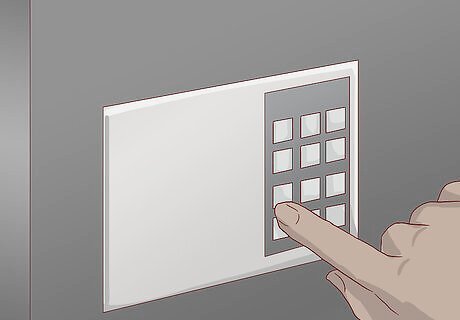
Secure a written agreement. If you reach a deal with both the copyright owners, be sure you draft and execute a valid written agreement. This agreement will set out the music you are sampling, how you can sample it, and how much you are paying for the licensing rights to the source song. This agreement will protect you in case you are ever sued for copyright infringement.
Paying License Fees
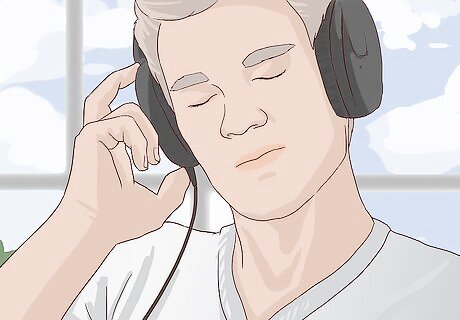
Consider the music you are sampling. The fee you will have to pay to the copyright owners will depend on a number of factors. The first thing you will have to think about is whose music you are sampling. The more well known artists will often demand a higher fee, if they allow you to sample their music at all. Conversely, less well known artists may not charge a fee at all. In addition, it is usually cheaper to license a small piece of a song than it is to sample an entire chorus. For example, if you want to sample a Rolling Stones song, it will probably cost you a lot of money. On the other hand, if you want to sample a relatively unknown artist's song, it may not cost you anything. Also, it will probably cost you a lot of money to sample an entire Madonna chorus, as opposed to sampling an obscure drum beat from one of her less known songs.
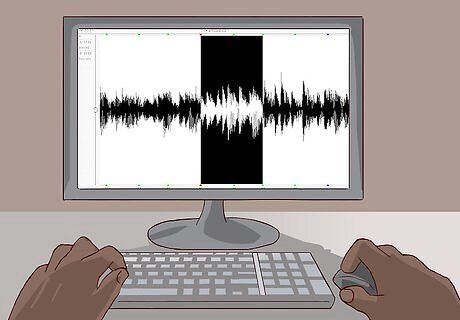
Determine how much of the sample you intend to use. The amount of the source song you use will also dictate how much you have to pay. For example, if you are only using a one-second drum loop, you may not have to pay too much money. On the other hand, if you are using the entire source song's bass line, you may be charged more for permission. It is important to have an idea of exactly what you are going to do with the source song before you ask for clearance. The downside, however, is that if you do not get permission a lot of hard work will have been wasted.

Define how you intend to use the sample. The final piece of the puzzle is determining how you will use the source song in your music. The more prevalent the source song is, the more money you will have to pay to use it. For example, if you are going to use the source song as a part of a five-second introduction to your song, you may not need to pay that much to use it. However, if you plan on using the source song's drum loop as your drum loop throughout, you may have to pay a larger fee. In other words, it will usually cost more to build an entire song around the sample, as opposed to only giving it minor attention.
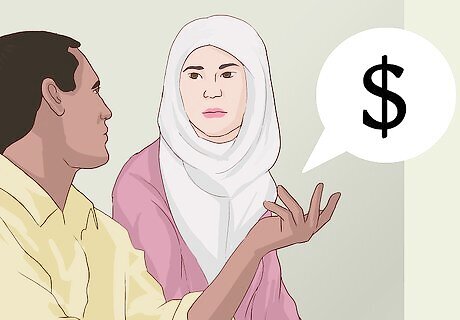
Offer a flat fee. When you are negotiating an acceptable fee with the copyright owners, they may accept a flat fee for the use of their song. When you offer a buy-out fee (i.e., flat fee), you are offering to pay them once for permission to use their song. These fees can range from $250 to $10,000 depending on the circumstances. Most fees will fall between $1,000 and $2,000. Remember that you will have to pay both copyright owners in order to secure clearance. Both parties will usually want an up-front fee for the use of their song.
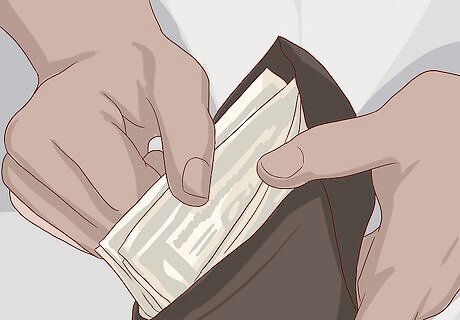
Pay a percentage of the mechanical royalty rate. The mechanical royalty rate is the amount of money you have to pay the copyright owner to make a copy of the song. If you agree to a licensing agreement and have to pay a percentage of the mechanical royalty rate, you will usually pay between 1/2 ¢ and 3 ¢ for every record you put out that uses the sample.
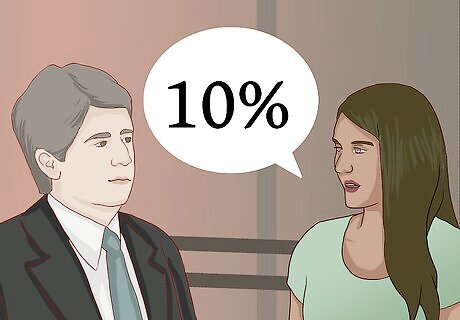
Consider other payment options. You may also be able to negotiate to pay the copyright owners a percentage of your song's income or a "rollover." If you agree to pay the copyright owners a percentage of your song's income, it will usually be between 5% and %50 depending on the circumstances. If you agree to a "rollover" payment, you are agreeing to pay the copyright owner a fee when a certain number of copies of your song are sold.

Include this in your clearance agreement. Whatever payment option you agree to, it needs to be included in your written agreement. It should be laid out in specific terms so there is no confusion. In a lot of circumstances, you may have to pay multiple types of fees for the use of one source song. For example, you might agree to pay a flat fee as well as a mechanical royalty.
Hiring Expert Assistance

Find a sampling consultant. There are businesses devoted to negotiating and securing sample clearances. These firms often charge less than entertainment attorneys and have the specific expertise you are looking for. If you use a clearance expert, they will listen to your music and review your use of the source song. From there they will inform you of how much it will probably cost you to license the source song's use. These experts will usually charge an hourly fee for their work. These experts will know the process, the costs, and the key players in the business. You will save a lot of time and money by hiring one. Conduct an online search for sample clearance experts in your area. If you have friends in the music business, ask them for advice.
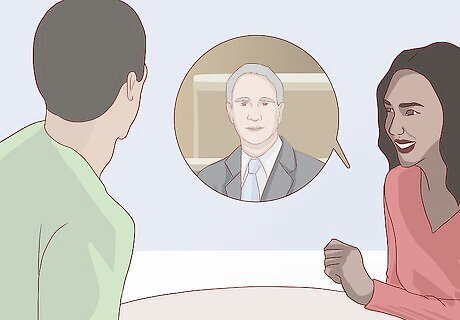
Ask your friends and family for attorney recommendations. If you think you need legal advice above and beyond that of sample clearance, you may need to hire an entertainment attorney. Entertainment attorneys can help you if you are being sued for copyright infringement, if you are trying to negotiate a settlement with a record company, or if you do not think you need to get a source song cleared. If you have friends in the music business, ask if they can recommend a good entertainment lawyer specializing in music copyrights.

Contact your state bar association. If you can not get any valuable recommendations from friends and family, contact your state bar association's lawyer referral service. Every state has a service you can use to get in contact with qualified attorneys in your area. When you call, they will ask you a series of questions about your legal issue and in turn they will provide you with a series of qualified attorney contacts.

Conduct initial consultations. When you have a small list of qualified lawyers, conduct initial consultations with each of them. During your initial consultation, you should explain your legal issue and ask questions of the lawyer. In return, the lawyer will give their opinion and attempt to sell you on their services. When you speak to each lawyer, ask some of the following questions: Whether they have ever handled similar cases to yours, and if so, what the outcome was. Whether they have malpractice and liability insurance. Whether they have been practicing in the area long and how many relationships they have with individuals that may become involved in your case (e.g., other lawyers, judges, record label executives). Whether they have any history of discipline from the state bar.
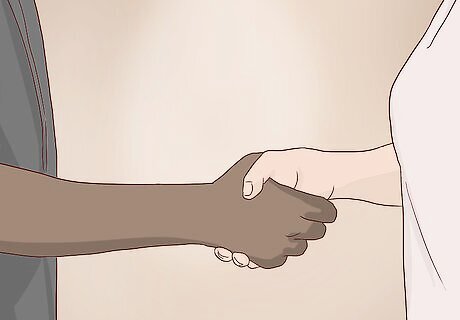
Hire the most qualified lawyer. After your initial consultations, sit down and analyze your options. Weigh the pros and cons of each lawyer. At the end of the day, you want to hire a lawyer you can trust and who can effectively manage your case. When you make a decision, contact your first choice as soon as possible and let them know you would like to hire them. Be sure you get a representation agreement in writing when you first hire your lawyer. This agreement should set out what tasks the lawyer is going to complete for you and how they are going to charge for their service.
Understanding the Law

Consider basic copyright laws. A copyright protects the creators of original works and incentivize the creation of these artistic pieces. When someone holds a copyright to a piece of work, they can, among other things, choose to sell, lease, or lend their rights to others. If you use a sample without clearance, you may be the subject of a copyright infringement lawsuit. If you are the subject of an infringement lawsuit and lose, you may be liable for: Statutory damages, which are damage awards set by law. For copyright infringement cases, you may be required to pay anywhere from $500 to $20,000 for a single act. In addition, if you infringed on the copyright willfully, damages can be as much as $100,000. Also, a court may issue an injunction forcing you to stop using the source song. This might include recalling all of your albums using the source song and destroying them.
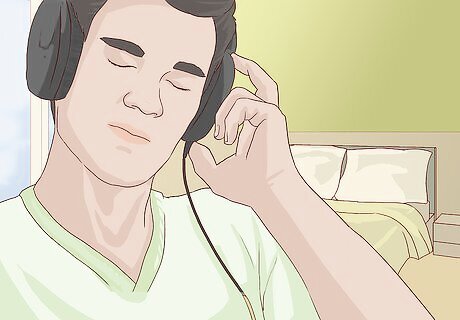
Know when sample clearance may not be required. Sample clearance may not be required in every scenario where a source song is sampled. For example, if you are using a sample in your own home and do not reproduce or sell your music, you may be able to sample freely. In addition, if you are playing live shows, you may be able to sample music without getting clearance. This is usually the case because live venues will pay blanket license fees to performing rights agencies.
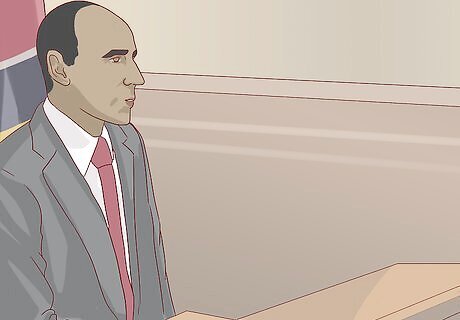
Defend your use of the sample. If you use a sample without getting clearance and you are sued for infringement, you may be able to raise certain defenses to protect your rights to use the source song. Two common examples of defenses include "fair use" and "non-infringement." You may be able to argue that your use of the source song is not an infringement because an average listener would not be able to hear any substantial similarities between your music and the sampled song. You might also attempt to argue you should not be liable for infringement because your use of the source song constitutes fair use. In order to successfully argue this in court, you will need to be able to show that your use of the source song was for a limited purpose (e.g., educational use, for critical use, or for a parody). Courts will usually look to see how much of the original work you used, how you transformed the work, and whether you caused the copyright owners any financial harm.

Research less common scenarios. Interesting situations can come up if you have a record contract or if you are using the sample for selling or endorsing a product (i.e., in an advertisement). If you have a record contract, some provisions in it will usually require you to promise that all the music you create is yours. If you break this promise and the record company is sued for copyright infringement, you will usually be responsible for reimbursing the record company for the costs associated with that litigation. If you are using a sample in an advertisement and the sampled artist is recognizable, you will need to get the source artist's permission to use the song. This is because the advertisement might create the impression that the artist is endorsing the product. If you do not get the artist's permission, they can sue you for the violation of their "right of publicity."













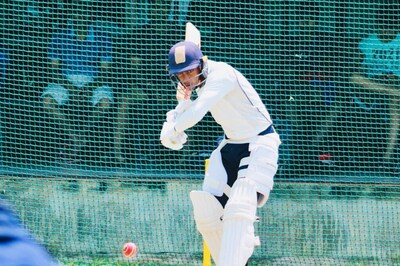
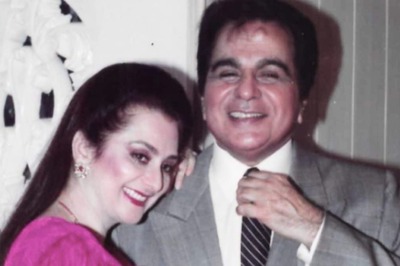
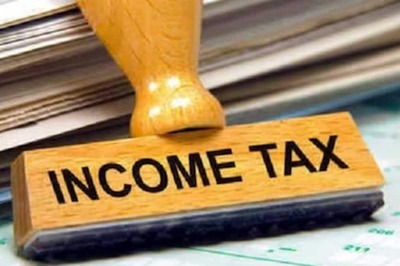


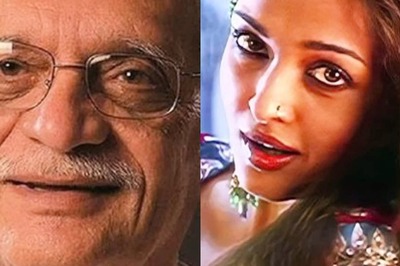

Comments
0 comment